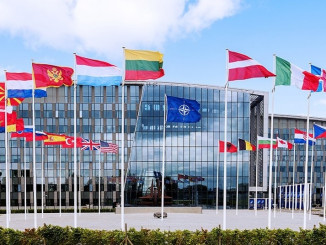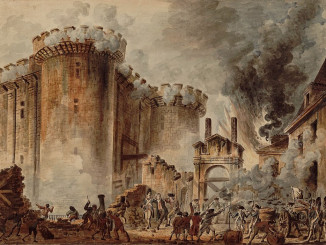Thousands of people expressed their anger, this Sunday, in major cities of Turkey, against the attack that claimed one hundred dead and more than 500 injured in Ankara. They denounced the responsibility of Erdogan’s government. The emotion is intense. The Turkish unions, with the exception of the one linked to the government, called for two days of general strike.
Throughout the summer, the Turkish army multiplied military raids in the predominantly Kurdish areas southeast of the country, while the government carried out waves of arrests of leftist and union activists.
It is to protest against this brutal repression that Saturday’s national demonstration “for peace” was called, not just by the HDP party, which includes Kurdish movements and organizations of the Turkish left whose electoral success disturb Erdogan, but also by several unions and women’s organizations. All had been targeted by the attacks.
Erdogan and his islamist party, the AKP, in power since 2003, have been increasingly challenged in recent years: revolt of young people at the Gezi park in Istanbul in 2013, against the thirst for profit of real estate developers and the corruption of the regime; labour strikes last year, including the Bosch factories and the Renault plant in Burca, for wages. These companies had to give raises. In the elections last June, the party of Erdogan lost the absolute majority it had previously held in Parliament.
Erdogan is trying to get the absolute majority back by organizing new elections on November 1st and prepares them using repression, provocations and mobilization of the most reactionary, xenophobic and anti-worker forces. Including those who organized the attack, if it is not actually the work of the regime’s secret services, an assumption widely discussed by the media.
But the young people who braved the regime in the street, the workers who have stood up in strikes, the Turkish and Kurdish working classes can find the way to an alliance alliance against the common enemy. Erdogan will have to pay for its criminal policy in the end. For now, let’s hope that this week’s strike be the most widely followed.




